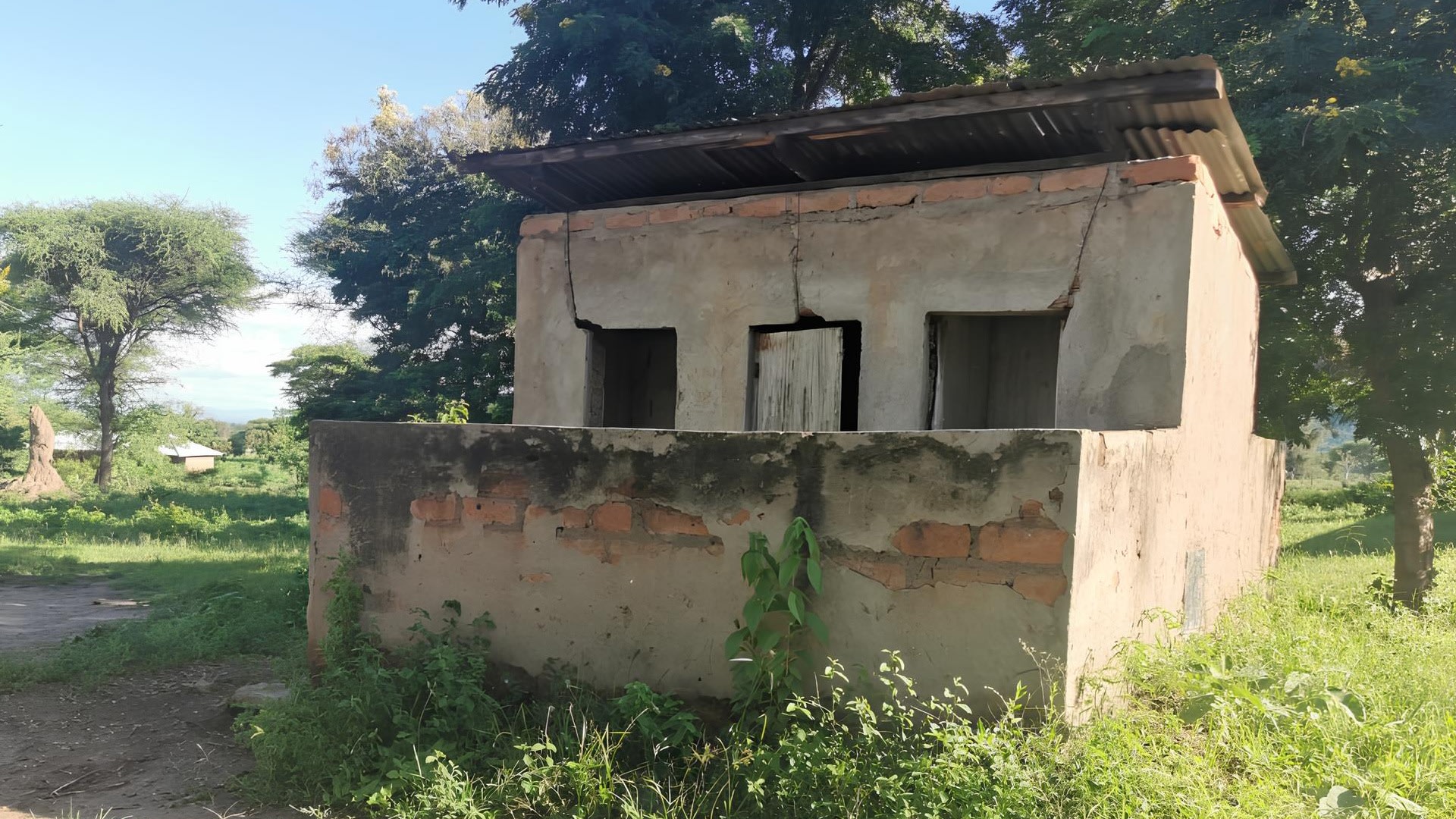
Moya Primary School Story
Ensuring free education is also quality education
Moya is a small village nestled between the South Eastern edge of the 329 km2 Lake Manyara and the Mbulu Mountains range, in Tanzania.
The village has a population of approx. 2,600 people who live in small self-built brick houses. The main occupation of those living here is subsistence fishing and crop cultivation. The area is ripe for maize production, which the villagers can produce in quantities for commercial sale, mostly in Arusha. Aside from that, there are some employment opportunities to work in the National Park.
Moya has two simple shops providing the basic requirements to the community members. Magara, with additional shops and a secondary school, is 45km away, 30km of which is on dirt road.
Moya Primary School was established in 2003. Prior to that children were travelling to Magara to access education. The community made a great effort to build what they could of the school, allocating funds from their crop sales towards the project. Wild Impact has journeyed with this school to assist with infrastructure as demand grew. Through this partnership, the school has expanded to truly support the education needs of the community’s young people.

In September 2019, Wild Impact most recently completed projects were formally handed over to the school. These were two additional classrooms, furnished with eco-friendly desks, 12 ablutions – replacing old and subsiding long-drop ablutions, and family houses for two school teachers.

These projects address the key issues facing many rural Tanzanian schools. Since primary school education was declared free to all, enrolment has increased at a rate that cannot be matched by school infrastructural development. Over-crowding is a major concern in rural schools, with the result being poorer academic performance and increased truancy. Classrooms are not the only facility that is put under pressure – ablutions are too. Access to safe, hygienic sanitation facilities is a basic human right, that underfunded rural schools often fail to be able to deliver on.
Finally, rural communities rarely have qualified teachers living there, which means teachers must relocate to work at the school. This requires the provision of accommodation for this person and the family – another pressure that is put onto the school and community and worsened as pupil numbers grow. Alleviation of such problems leads to a higher standard of education at schools, a higher and more consistent attendance rate, raised teacher motivation and improved overall academic performance.
Sadly, while access to primary education is improving, only approx. 60% of primary school leavers from Moya advance to secondary level education. The barriers include, limited capacity at the nearest secondary school in Magara, limited financial capacity of families in Moya and the prohibitive distance to reach the secondary school, on a road made impassable during rainy season.
Consequently, children from around the age of 13 begin to work and enter into marriage.
Wild Impact in partnership with the community and Department of Education are hoping to support Moya and neighbouring Mayoka communities with a Secondary School. Land has been set aside by the community for this purpose, and the Dept. of Education are willing to supply the teachers and resources required for the long term running of the school. Our job is to find the funds to build the infrastructure…. #watchthisspace.
Timeline of Development at Moya Primary School
- 2003 – School established with one room built by community (later World Vision added another two).
- 2007 – 315 students were enrolled. Wild Impact funded completion of 3 partially constructed classrooms.
- 2008 – Wild Impact built one 2 in 1 house for teachers to stay on site at the school. andBeyond Lake Manyara Tree Lodge planted 500 trees in the school grounds.
- 2010 – 478 students enrolled with 4 teachers. 300 desks were donated, and Wild Impact completed a further 2 classrooms.
- 2012 – Wild Impact supported construction of an admin with basic office furniture.
- 2016 – Wild Impact funded 6 flush toilets to support five existing pit-latrines.
- 2017 – 768 students enrolled. Wild Impact completed 3 partly built classrooms.
- 2018 – Wild Impact constructed 6 additional ablutions, 2 more classrooms and family houses for 2 teachers.
You might also be interested in...
Wild Impact is a Public Benefit Organisation registered in South Africa. Reg. No.: 930002115